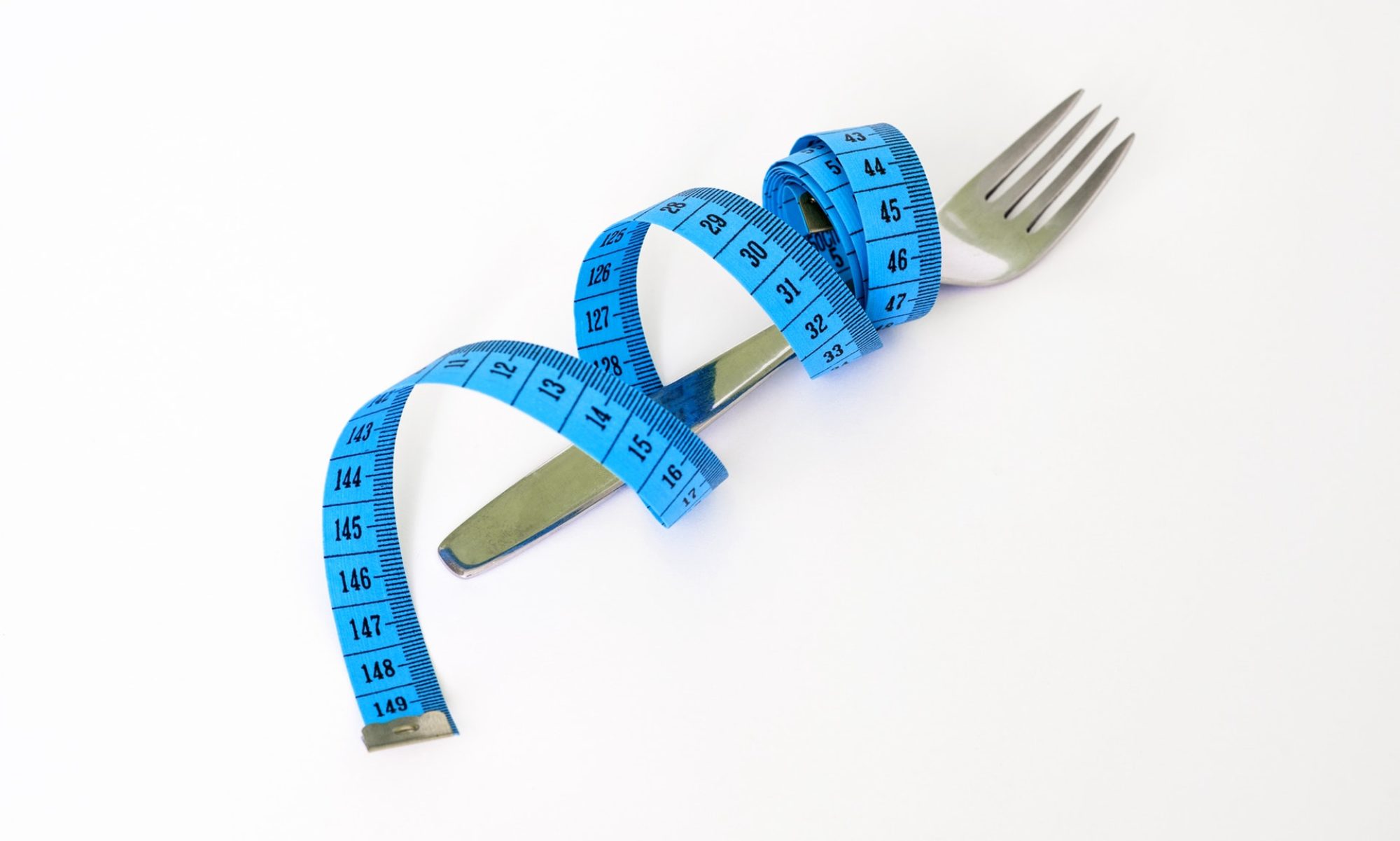Winter is usually the most difficult time of the year for me for various reasons: the short days, less sunshine, more rain, anniversary of my son’s death, the façade of festivity highlighting all the reality of our imperfect world. But you do the best you can, right?
This year I am faced with an additional challenge of medication shortage. And I thought I was so clever.
Weight loss is challenging. Obesity is a multifactorial disease with aberrations in many hormones: insulin, glucagon, hunger and satiety hormones, thyroid hormones, leptin, adiponectin, dopamine, to name a few. All these mixed and messed up signals drive hunger and eating behaviors and it is not due to lack of will power as anyone who has ever tried to lose weight knows.
Along came GLP1 agonists. These medications increase the effect of one of the satiety hormones which in turns leads to slower stomach emptying time so people feel fuller with less food. They press the satiety brake in the brain and turn down the main hunger pathway in the brain. They help balance blood sugar which decreases sugar cravings. All this adds up to weight loss.
The medications have been life giving, hope restoring, miracles for a lot of my patients. Not because they help with weight loss but because they get to the root of the problem of insulin resistance and hunger/satiety hormone imbalance. The medicine slows the hungry gut, calms the hungry brain, balances the hungry blood, so a person can identify their hungry habits and have half a chance to stand up against a hungry society that pushes Frankenfood 24/7. Eat all you want all the time whenever you want whether you are hungry or not whether its good for you or not. That’s what the culture pushes.
And now these very expensive medications have been hijacked for various reasons (maybe by people who really don’t need them but can afford to pay for them out of pocket?) The demand is high. The supply is limited. So the manufacturers’ and insurance companies’ solution is to require a diagnosis of type 2 diabetes in order to get them covered by insurance. I understand this is trying to limit them for people who have DM2.
This is not solving the problem, however. The people who have been buying them for the wrong reasons (to lose the 5 pounds) will continue to buy them because they can afford them. Meanwhile, my patients and I are back to the drawing board, fighting with insurance companies for coverage with an endless back and forth with pharmacies.
My apologies to the pharmacist on the other end of the phone a few weeks ago. I felt exasperated to the point of rude honesty. “What do you mean semaglutide is not being covered with for insulin resistance anymore!!??!!” All in defense of my patients, of course. Convicted, I ended up calling him back to apologize. He was not the problem. My rudeness does not solve any problems either.
Recently a syndicated news show highlighted the ways obesity is a medical condition just like diabetes or hypertension or hypercholesterolemia and deserves coverage by insurance companies the same way they cover diabetes, hypertension, and hypercholesterolemia. If those latter conditions are not lifestyle related, I don’t know what is. And that’s the justification for non-coverage of obesity treatment and anti-obesity medications. It’s all lifestyle. So it’s all on the patient, exempt from insurance realm. Even if you accept that logic, alcohol and tobacco and drug use/abuse all get covered. What about food?
Short sided is what it is. Unjust. What’s the old adage? Life is not fair.
Shoulder shrug. Big sigh right here. So now what?
That’s what I have been ruminating about lately and that’s what I am encouraged about, even in my frustration.
At Oregon Weight and Wellness, we teach how to eat in a way your brain can hear your satiety. We teach how to do what the medications do, bringing hormones back into balance.
Eat in a way your brain can hear your satiety.
Eat seated. At a table. Without distraction. Put your fork down. Breathe between bites. Eat with someone you love. Don’t try to solve the world’s problems. When you sit down for a meal, just eat. And pay attention. Eat what takes time and energy to digest. Like high quality protein from fish or beef or eggs. Protein takes time to digest so you feel fuller longer. Eat veggies with fiber. Fiber makes you feel full. Add a little natural fat. Fat with fiber. Like avocado, or walnuts, or pumpkin seeds.
Determine to be a person who values health. Then do what healthy people do. Eat whole foods, not in a hurry. Let your gut do the processing and tell your brain you are full.
It takes practice. It’s not easy. It takes stepping out of the current crazy culture. It often requires support. And with grace and time you will think and eat weigh different.
Discover more from Weigh Different
Subscribe to get the latest posts sent to your email.
